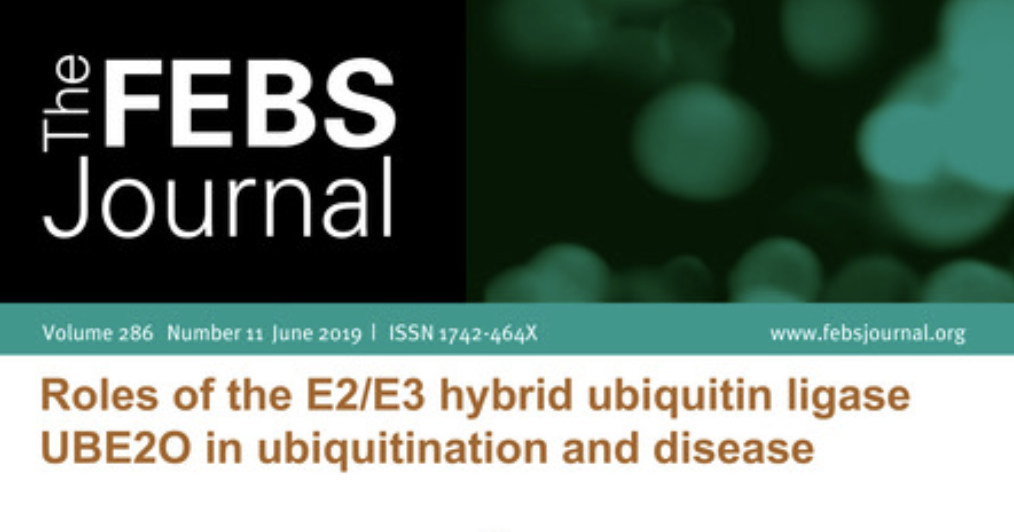Threshold Protective Effect of Deuterated Polyunsaturated Fatty Acids on Peroxidation of Lipid Bilayers

Polyunsaturated fatty acids (PUFAs) are essential components of lipid membranes, providing them with necessary fluidity. However, the very motif that makes PUFAs ‘fluid’ – the ‘skipped’ 1,4‐diene moiety – also makes PUFAs susceptible to lipid peroxidation (LPO). LPO is increasingly recognized as a key contributing factor in numerous pathological events – neuronal, ocular, vascular, and age related.
Two features make LPO particularly pernicious: the autocatalytic radical chain reaction mechanism, and its nonenzymatic nature. The former leads to extensive damage from a single initiating event, while the latter prevents cells from evolving defenses against LPO. The LPO‐induced damage to living systems is multifaceted. Compromised membrane fluidity and barrier function occur in tandem with the formation of various carbonyl compounds and other highly reactive species which irreversibly cross‐link important biomolecules and form mutagenic DNA conjugates. Lipid bilayer integrity is so vital to neuronal function that 5% of the total energy produced by the body is expended repairing damaged lipids in the brain.
To download the presentation, click here.
